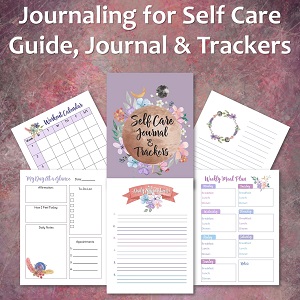 Financial stress is one of the biggest causes of stress that millions of people deal with. It can cause you to have knots in your stomach as well as make it difficult to sleep at night.
Financial stress is one of the biggest causes of stress that millions of people deal with. It can cause you to have knots in your stomach as well as make it difficult to sleep at night.
You might worry about retirement or it may be a bigger financial stress such as how you’re going to be able to pay the bills this month. Your current situation may be such that you can’t alleviate your financial stress quickly.
While you may not be able to do that, you can still use self care tactics to make sure you don’t allow the stress to wreak havoc on you physically or emotionally. Start by releasing yourself from the guilt you might be feeling.
Where you are financially might be because you made some mistakes. If so, don’t berate yourself about it. Applying negative feelings toward anything to do with finances can make you reluctant to face what’s going on, so you’ll limit your ability to fix the problem when that happens.
Part of self care with financial stress involves knowing where you stand. Sometimes your money situation isn’t as bad you think and sometimes it can be worse. The uncertainty can add to your stress. It’s the fear of the unknown.
Once you know what’s going on, it can make it easier for you to handle the stress. Another part of self care is knowing where your money is really going. You need to create a budge.
When there is financial stress, most people avoid thinking about where their money is going. But you need to control the monetary flow. You may have never used a budget or you may have once or twice but you’ve stopped.
You can be top heavy in your budget if you have more of your income going to a mortgage payment than you can actually afford. Or you might have two big car payments when all you can really swing is one.
Taking action is practicing self care and one of these actions is using a budget. This is one of your best resources for self care because it allows you to be honest with yourself about what you can and can’t do financially.
It’ll help you plug any leaks and limit spending where it needs to be limited. Set yourself up with an emergency fund – even if all you can do is put a few dollars in there at a time. Eventually, it will add up.
When you don’t have an emergency fund and something goes wrong, then you’re forced to shortchange another area. Seek advice from someone who’s good with finances or schedule an appointment with a financial counselor to help you get rid of the root cause of the financial stress.
Finally, when it comes to coping with financial chaos, watch your mindset. Staying positive about it and the ways that you need to address the financial issues will help your mood and alleviate stress.




